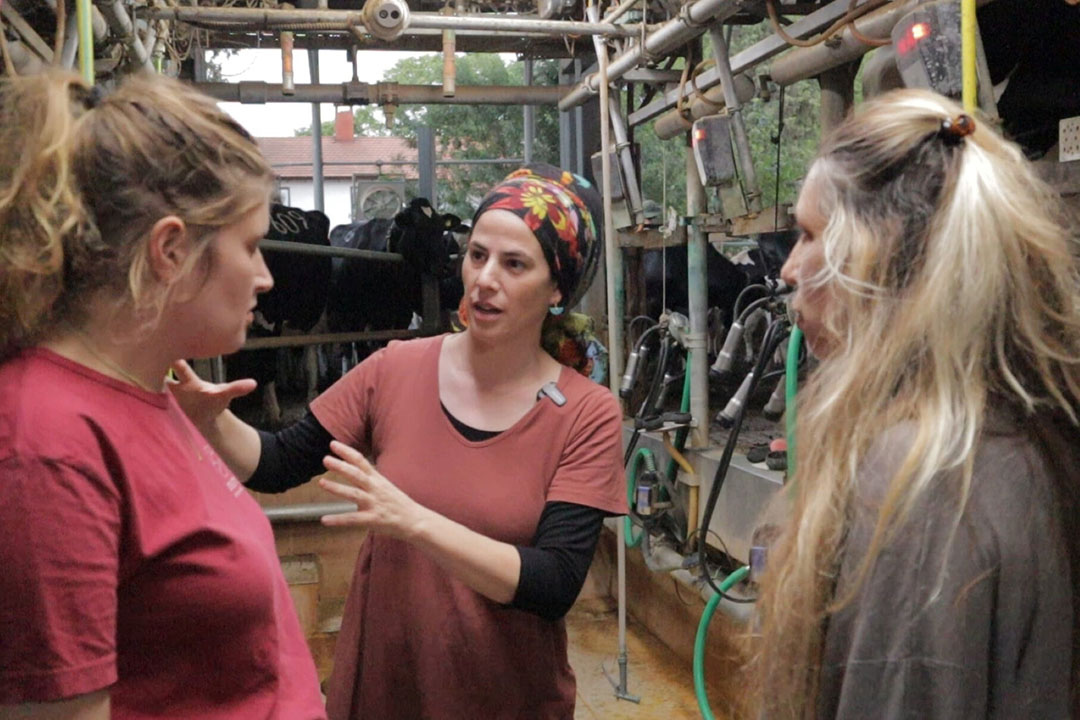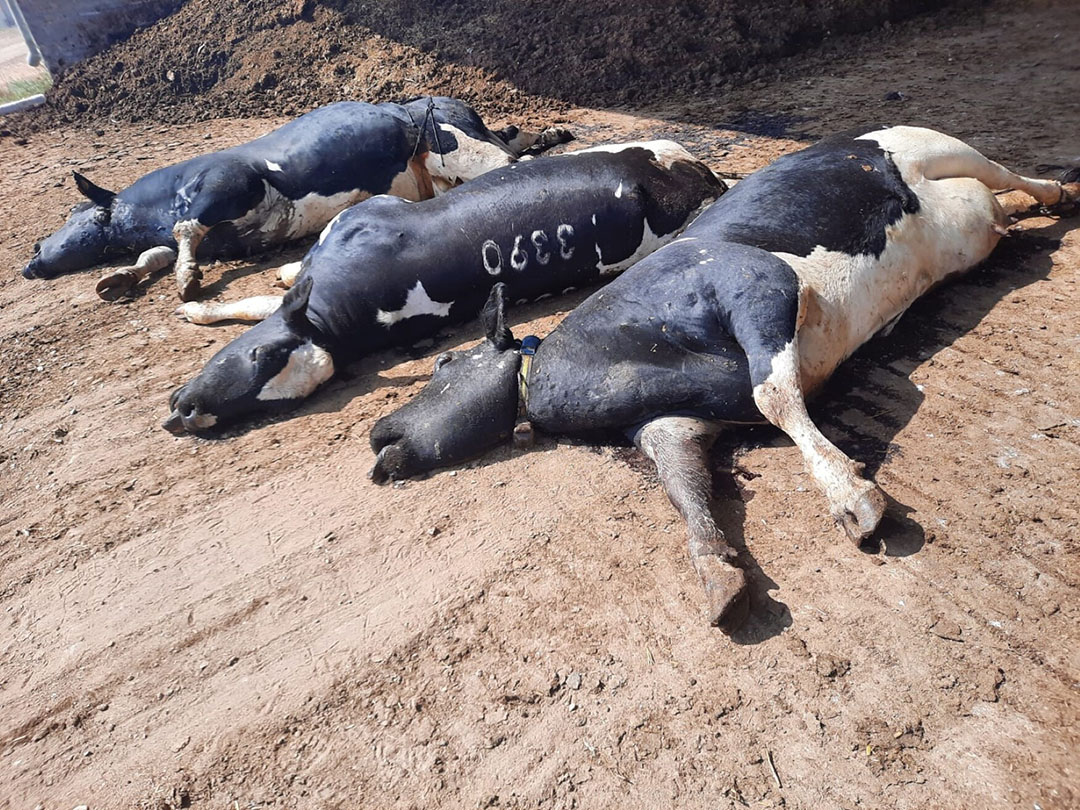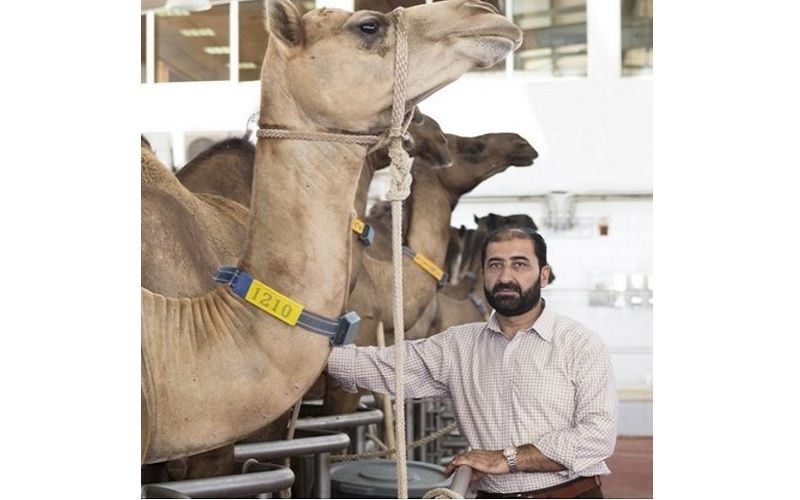What's being done to support Israeli dairy farms?

In response to the situation, efforts are underway to restore regular operations. Trucks carrying forage are now allowed access to the military no-go zone under armed military guard, ensuring that the cows receive essential feed after a period of 5 days without proper nourishment.
Some farms within the affected area were compelled to release their cows due to the lack of feed, resulting in cattle roaming freely on the kibbutz. With approximately 115,000 cows in Israel contributing around 1.6 billion liters of milk annually, the recent attacks have had a profound impact on both kibbutz and moshav farms.

The kibbutz farms, located within 10km of the Gaza border, faced targeted attacks, leading to casualties among farm staff, particularly workers from Thailand. The Thai government is now assisting those who escaped to return home. Consequently, there is a shortage of farm workers, prompting initiatives to train volunteers from across Israel to support these farms.
While recovery efforts are progressing, challenges persist due to the ongoing security threats, with farms requiring military escorts for essential operations. Training programs have been initiated to equip volunteers, many without prior dairy farming experience, with the necessary skills. Despite some farms having to dispose of milk due to tank damages, others have managed to send their milk for processing.

It is crucial to note that the volunteer support is instrumental in sustaining farm operations amid these difficult circumstances. Reports highlight the dedication of volunteers who, despite limited experience, are contributing to the welfare of the remaining cattle. Additionally, there are instances of heartwarming resilience, such as a 19-year-old individual returning to a farm he had previously worked on, demonstrating remarkable initiative in managing farm activities independently. Despite the challenges, a collaborative effort involving volunteers, the military, and farm management is essential to ensure the well-being and productivity of the remaining cattle.








